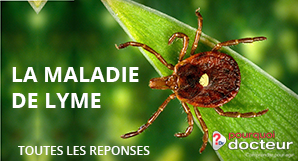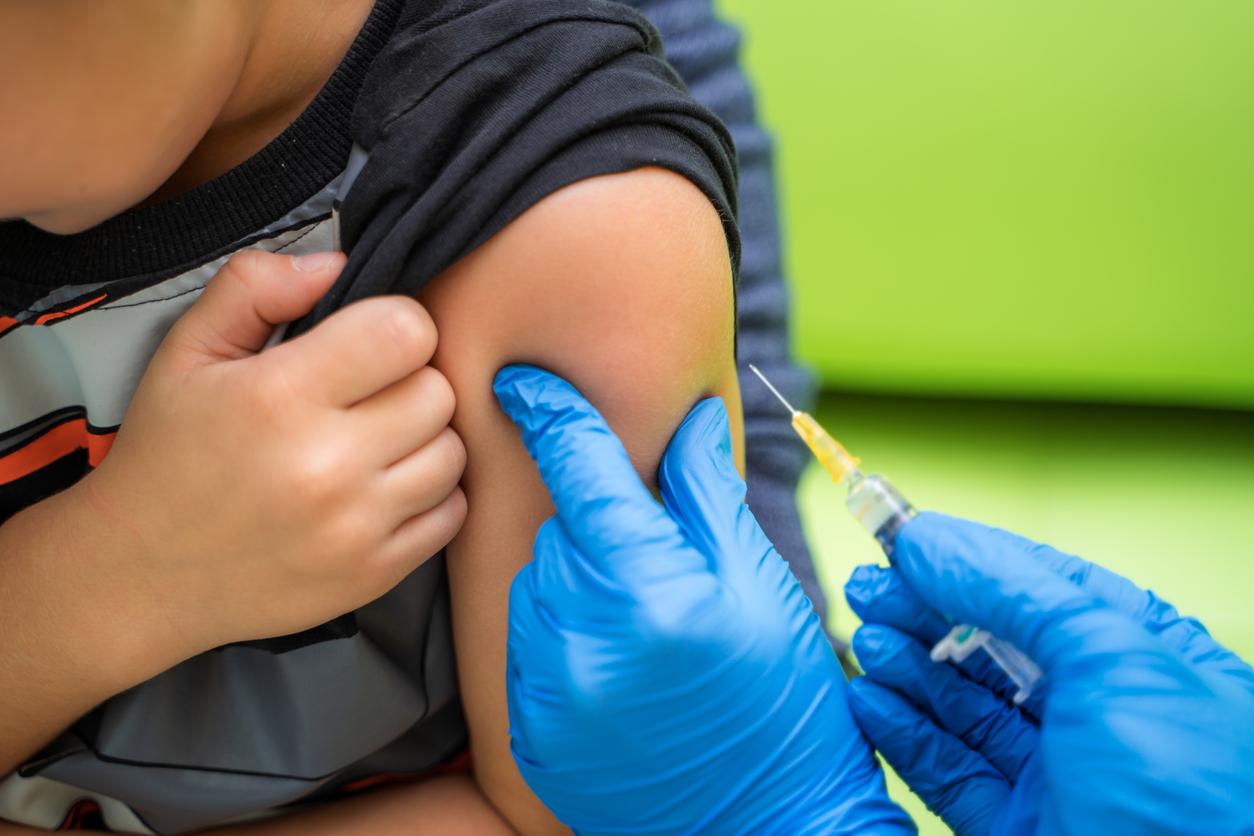Scientific, government and industry experts met this week in New York State, USA, to define a strategy to eradicate Lyme disease. The key: a possible vaccine capable of both targeting the bacterium and preventing its development in the body.

Infectious vector-borne disease, transmitted by the bite of a tick, which delivers the bacteria to its host Borellia, Lyme disease has long remained poorly understood and therefore underdiagnosed. Work carried out in recent years has shown that the infection can appear within 30 days after the bite, first in the form of a red, round plaque which extends in a circle (erythema migrans) from the area of the sting. The lesion of the skin can be accompanied by muscle and joint pain, or fever. With early treatment, it disappears in a few weeks to a few months but can, if left untreated, lead to neurological disorders and facial paralysis.
But despite this renewed attention from the general public and the scientific community, Lyme disease still remains today without a vaccine to prevent its development in humans in the event of an infected tick bite.
The development of a hybrid vaccination
It may soon be done. In an article published this week in the journal Clinical Infectious Diseaseswe learn that experts from the US government, pharmaceutical industry and academia recently came together to develop a joint strategy against Lyme disease that could eventually lead to the development of a vaccine.
“Countermeasures such as vaccines are needed to stem the growing number of cases per year,” says Dr. Steven Schutzer, lead author of the paper and physician-scientist at Rutgers New Jersey Medical School. “It’s extremely important because you can get Lyme disease more than once.” Indeed, those who have been successfully diagnosed and treated can be reinfected if they are bitten again.
The purpose of this meeting was mainly, writes the article, to identify new strategies capable of countering the infection by the bacteria responsible for Lyme disease. For example, the development of a “hybrid vaccination technique targeting both the incriminated bacterium and its tick carrier to prevent Lyme disease”, explains Dr. Maria Gomes-Solecki, lead author of the article and researcher at the University of Tennessee.
Tests already approved by the FDA
The societal implications of this new vaccine were also discussed. Considering that “vaccination against Lyme disease is a matter of personal choice”, the authors state that “the concept of personal immunization against a non-contagious disease as opposed to blanket vaccination to prevent the spread of a contagious infection should be part of public education and discussion”.
According to Dr. Rebecca Leshan, executive director of the Banbury Center, the Food and Drug Administration, which is responsible for authorizing the marketing of drugs on American soil, has already authorized a number of tests which could lead to the development of ‘a vaccine.

.

















